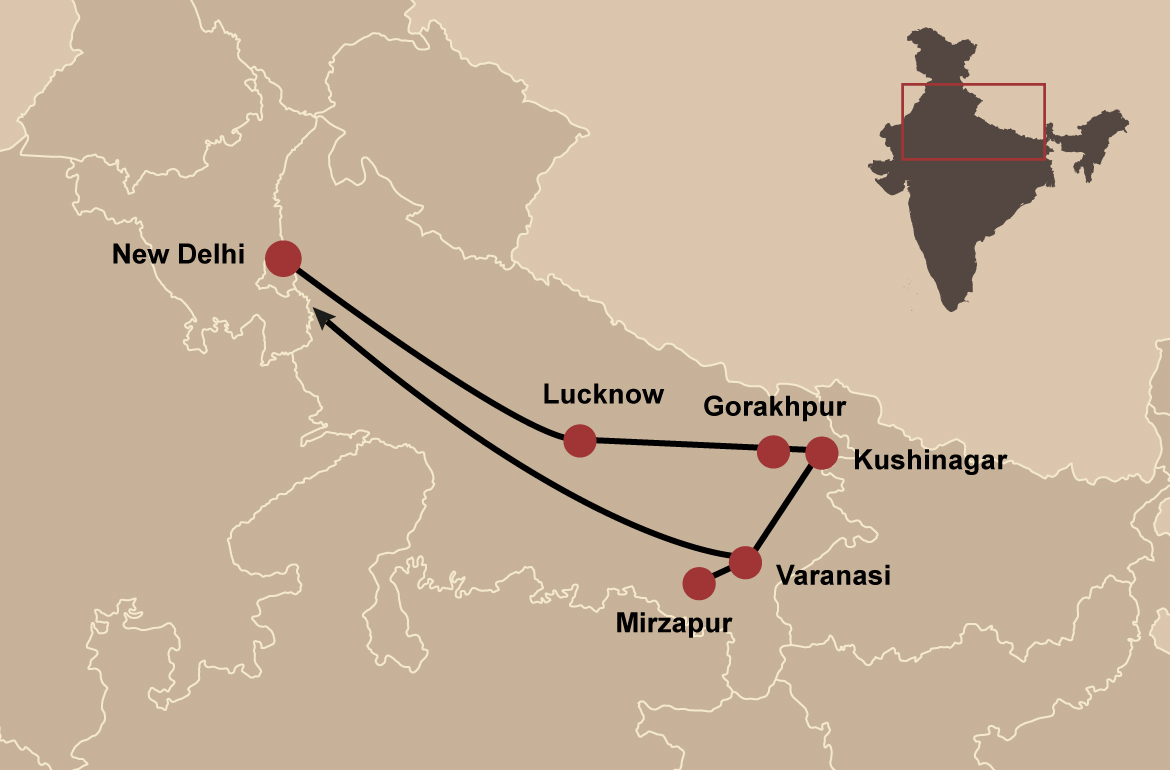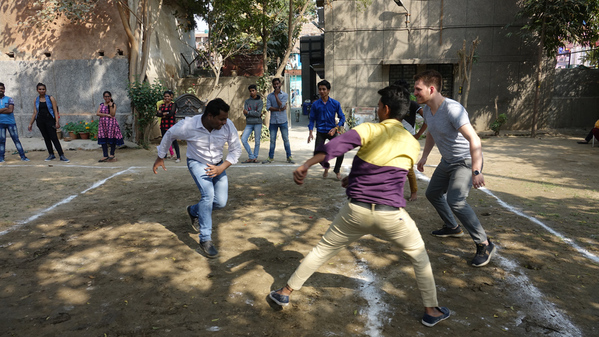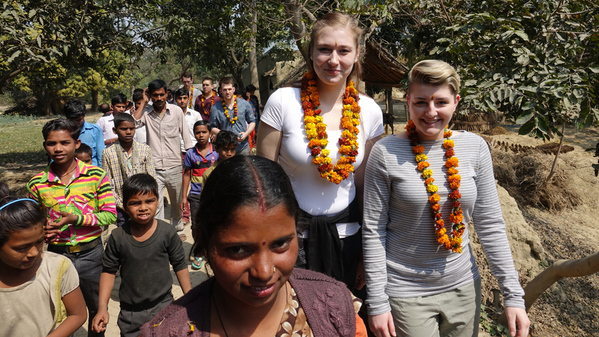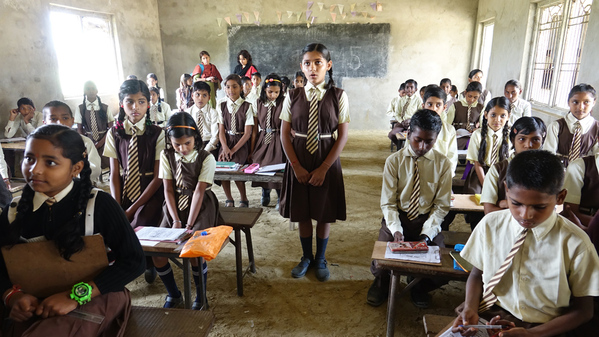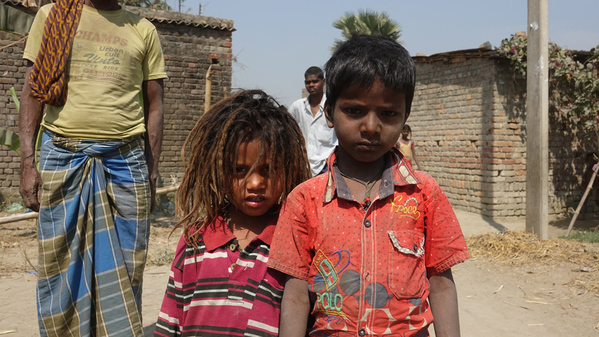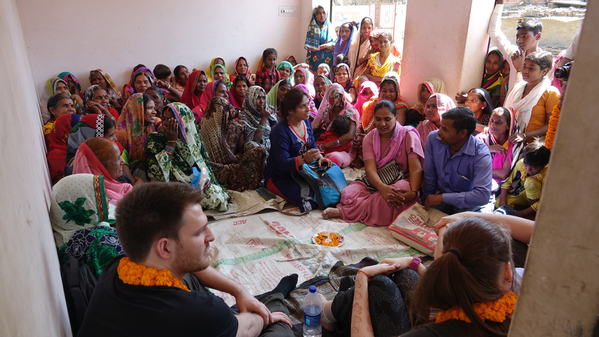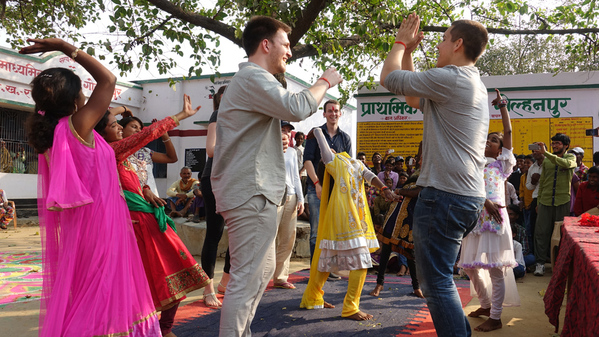Five DACHSER trainees visited the project areas in Delhi and Uttar Pradesh, India, in February 2017. From there, five young adults traveled to Germany to work together with the German young people to organize the promotion week “This means home” (“So geht Heimat”) in Kempten. Without doubt, the first youth exchange between DACHSER and terre des hommes resulted in intense exchanges and memorable experiences; many people were touched by it and encouraged to reflect.

We live in a globalized world where physical boundaries are losing their importance. Much more enduring are the barriers that exist in people’s minds. If we want to put an end to this, then we must promote mutual networking among people and the ensuing intensive interaction with the unfamiliar. This is the only way to really understand what motivates others.
Bernhard Simon, DACHSER's CEO
„